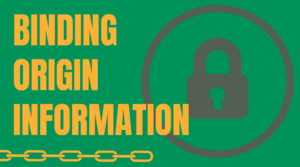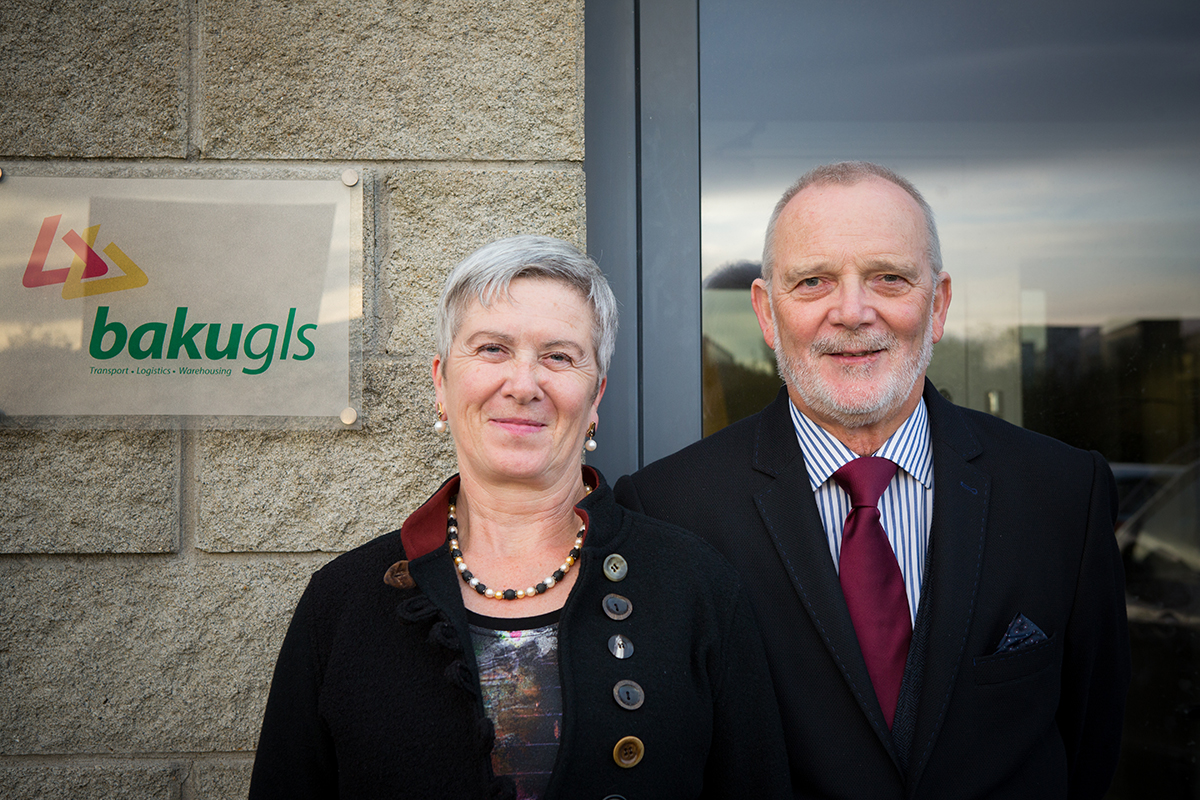
What is Binding Origin Information (BOI)? Do you need Binding Origin Information to export goods to the UK, and how much does it cost?
In this guide, you’ll learn everything you need to know about Binding Origin Information. We’ll explain how Binding Origin Information can help your business grow in the years ahead, and show you where to go for help.
What Is Binding Origin Information?
Binding Origin Information is a certificate that ‘proves’ the economic nationality of an exporter’s goods. Binding Origin Information (BOI) gives exporters peace of mind when filling in their customs declarations. It helps them move through customs faster and with less ambiguity. BOI judgements last 3 years, but you can re-apply as many times as needed.
Binding Origin Information is great for situations where you need legal certainty. It’s ideal for products where origin could be in any way ambiguous. It also gives buyers 100% clarity on origin before they place their order, which can be really helpful.
How Binding Origin Information Works:
Every time you fill in a customs declaration, you need to declare the origin (economic nationality) of your goods. For anything made in a factory, it can be quite complicated and stressful to figure this out.
Manufactured goods rarely have just one country listed in the ‘origin’ box of their customs form. It’s more likely to be a list of countries, depending on where all of the various components were made. You can learn more about this in our guide to Rules of Origin, but in essence…
- An exporter first needs to know the economic nationality of every component of their product.
- The exporter then needs to calculate how much value is added by each of these parts.
- They also need to know how much value is added by the factory in the manufacturing process.
- They then need to check all of these ‘value added’ calculations against the relevant Rules of Origin.
You’re legally required to make an accurate origin declaration. The penalties can be severe if you make any mistakes. This is where Binding Origin Information comes in. Within the EU, Binding Origin Information is a formal judgement, made by the customs authorities, that certifies the origin of your goods. It gives exporters legal certainty, protects against prosecution and reduces the risk of unnecessary delays at customs.
Proof Of Origin versus Binding Origin Information: The Difference
Every customs declaration still needs to include Documented Proof of Origin (DPO). Binding Origin Information is an added extra — it doesn’t replace your DPO.
For instance, if you have goods to sell to a UK buyer and you want to avail of the zero-tariff rules negotiated between the EU and UK (learn more here), you won’t qualify for this zero tariff rate without Documented Proof of Origin. The DPO is basically a piece of paper that ‘declares’ the origin of your goods. It should — to the best of your knowledge — be 100% accurate, and it should be backed up with a clear paper trail explaining how you determined the origin of your goods.
If you’re audited, you will need to be able to show your DPO document, regardless of whether you also hold a Binding Origin Information certificate.
Exporting Without Binding Origin Information:
Not every exporter needs to apply for Binding Origin Information. You can export goods without a BOI certificate if you want to…
- If you’re exporting goods that have been mined, farmed, fished or milled, those goods are normally ‘Wholly Obtained’ from one country. You probably don’t need a formal judgement like a BOI to prove this. Many exporters will still go ahead and apply for Binding Origin Information, because it gives them and their customers an added layer of certainty.
- If you’re selling goods within the EU, then you won’t need to fill in a customs declaration at all. You might still want to get Binding Origin Information if your customers are planning to re-sell your goods into the UK or another third country (or if your customers are using your product as a component to build something else).
- If you’re not sure whether you need Binding Origin Information, you can speak to us in the first instance. You can also contact Revenue and/or HMRC via email. You won’t get legally binding advice over the phone or over email (that’s, after all, what a Binding Origin Information judgement is for), but you will at least be able to get a steer on what you need.
The downsides to Binding Origin Information:
Binding Origin Information is a great way to speed through the ports and trade with confidence. There are two main limitations you need to be aware of.
- Firstly, Binding Origin Information can’t be applied retrospectively. You have to apply for BOI before your customs procedures have been completed, and it can take up to 120 days for a judgement to be processed. The good news is that — once you have it — Binding Origin Information certificates last for a full 3 years.
- If you’re in the manufacturing business, you can’t suddenly change international suppliers without invalidating your BOI certificate. For instance, if you buy all of your microchip components from the USA when your Certificate of Origin is issued, you can’t suddenly then switch to using cheaper chips from China – doing so might invalidate your Origin judgement.
Where to get Binding Origin Information:
You can apply for Binding Origin Information through the Revenue Commissioner’s website. Just go to this page and download the form to make a start on your application. Just make sure that you fill the form in correctly. Any errors or omissions can delay or invalidate your application, and potentially lead to criminal prosecution.
We hope this guide has given you a good overview of Binding Origin Information and how it fits into the normal export procedures for Irish businesses. If you have any questions please feel free to get in touch with us — we’ll be happy to help!














